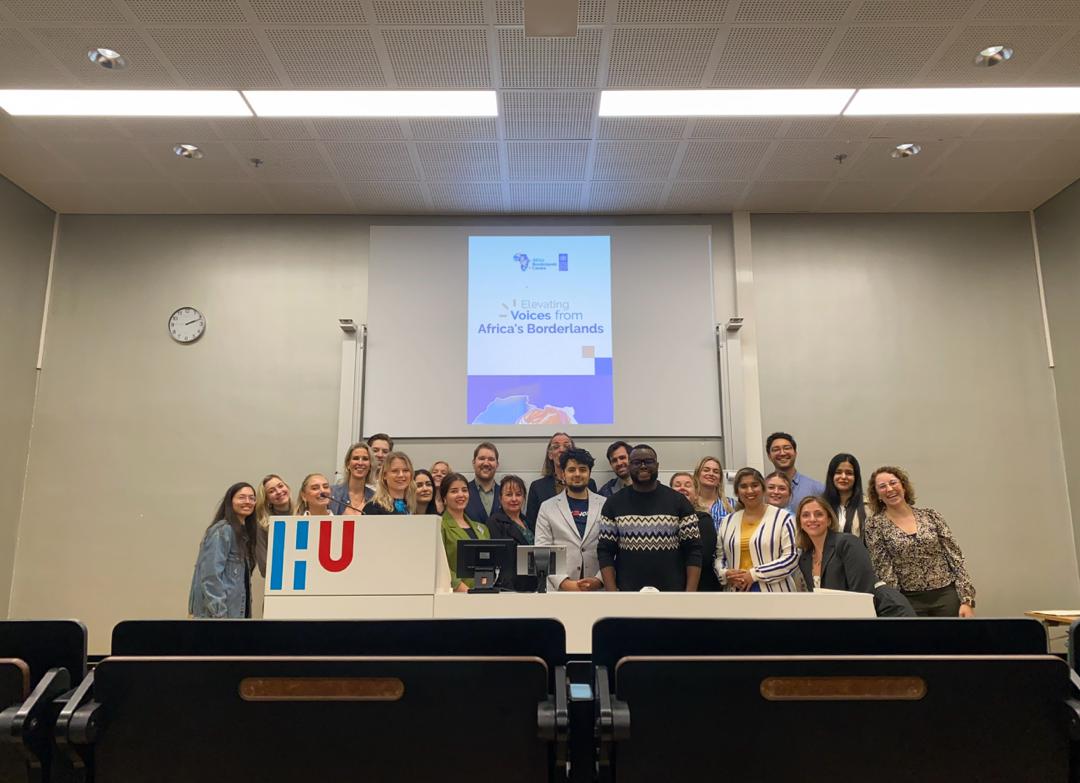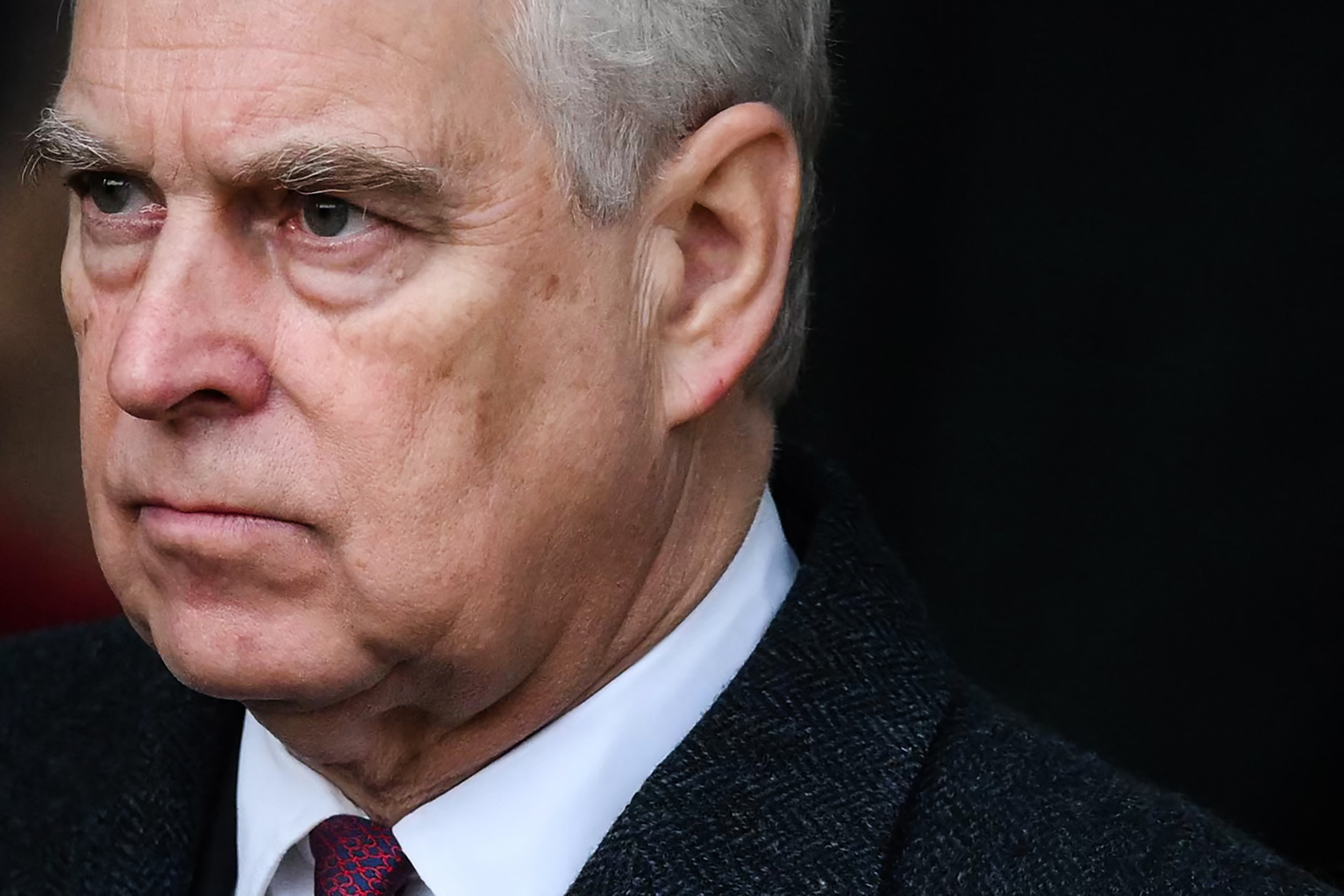Ernest Nzor
Utrecht University, the oldest public university in the Netherlands, has welcomed a Nigerian, Temidayo Ibitoye, who is the Founder and Chief Executive Officer of Dinovate, to mentor its final-year communication students.
The three-month programme, designed to address the growing divide between academic training and industry demands, provided students with hands-on guidance and practical insights into the evolving media landscape.
Ibitoye, who is also a diplomat, while speaking with *The Guardian* on the opportunity, said the mentorship went beyond traditional lectures to focus on refining students’ storytelling skills, steering them through project development, and evaluating their strategic communication strategies during a pitching session.
His involvement aimed to connect theoretical knowledge with real-world application, a critical need in journalism and corporate communication education.
Research from the Hubbard School of Journalism underscores the importance of such mentorship, noting that it equips students with career guidance, ethical perspectives, and a deeper understanding of industry trends—elements often absent from conventional coursework.
Ibitoye’s extensive experience brought these benefits to life, preparing Utrecht’s students to meet contemporary media challenges, from ethical storytelling to effective audience engagement.
“Mentoring is crucial for communication students, particularly those aspiring to careers in journalism and corporate communication. It bridges the gap between academic theories and real-world practices, offering students personalized guidance, industry insights, and professional development opportunities,” Ibitoye noted.
According to him, through mentorship, students gain a deeper understanding of the nuances of the profession, from ethical considerations to effective storytelling techniques.
The initiative has been hailed as a potential blueprint for future collaborations between academia and industry professionals at a time when digital disruption and shifting audience expectations continue to reshape communication fields.
With mentoring, experts like Ibitoye offer a vital link between classroom learning and professional practice, which would not only enhance students’ skills but also spotlight the broader necessity for mentorship in modern education.
Like Utrecht University, Ibitoye stressed that Nigerian universities can enhance their communication programmes by integrating more practical training, fostering peer mentorship, and prioritising soft skills development.
Drawing from his experience mentoring final-year communication students at the university, he emphasised the need to bridge academic learning with industry demands.
“In Europe, student-run agencies operate like real firms, offering services to organisations and preparing students for professional challenges,” the media entrepreneur noted.
Ibitoye also stressed the importance of structured peer mentorship programmes, which have been proven to ease students’ transition into higher education while fostering a supportive learning environment.
Ibitoye’s mentorship at Utrecht involved guiding students on storytelling techniques, particularly in African narratives. His engagement included showcasing a film he co-produced with the United Nations Development Programme, sparking discussions on amplifying African voices through film.
Reflecting on the experience, he highlighted how personalised mentorship significantly enhances students’ academic and professional growth.
“The collaborative learning environment at Utrecht University underscored the impact of direct mentorship in shaping students’ careers,” Ibitoye said.
His insights offer a roadmap for Nigerian institutions seeking to modernise their communication curricula and better equip graduates for the evolving media landscape.






